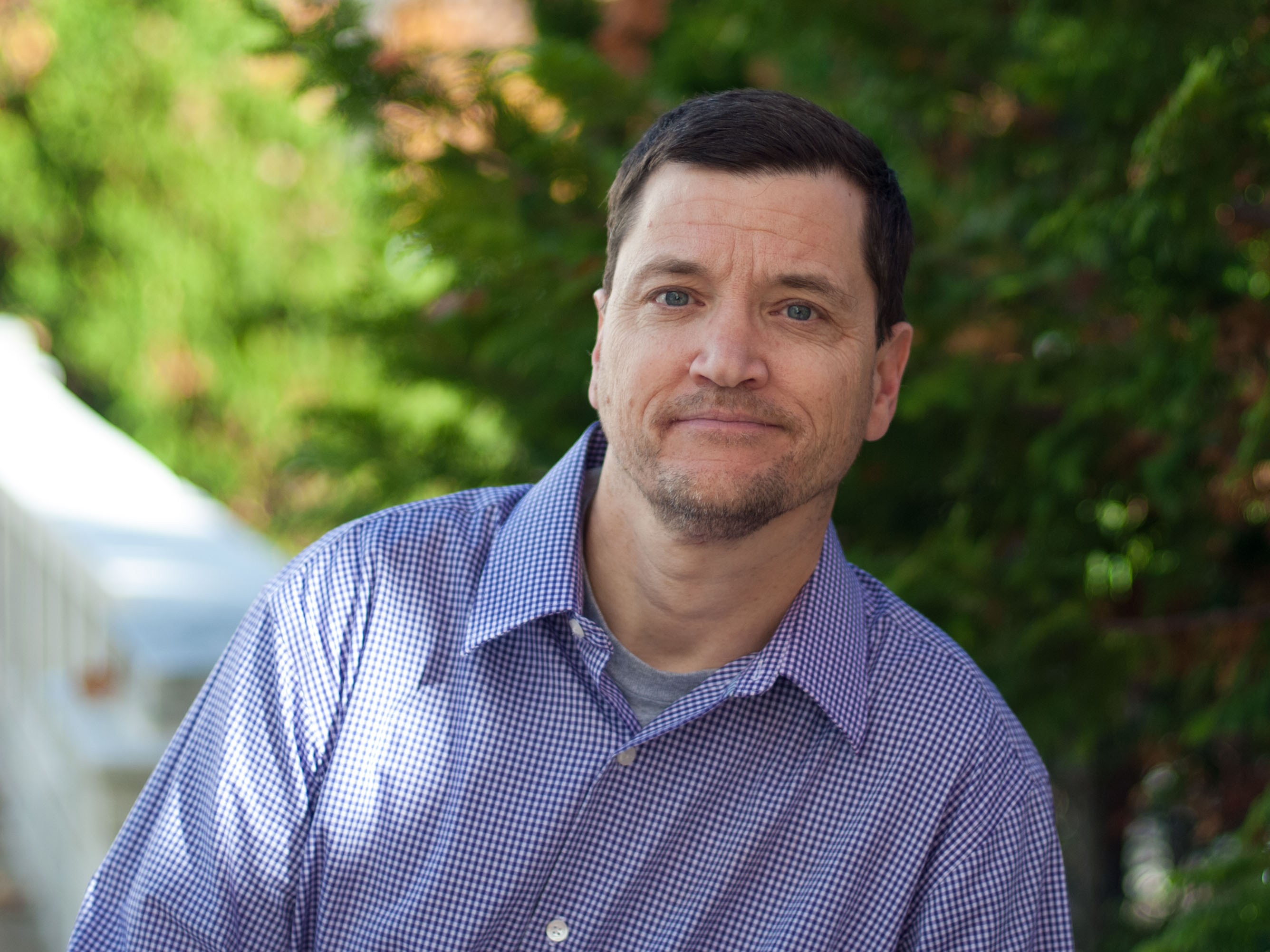Steven Gygi, Ph.D., received his Ph.D. from the University of Utah in Pharmacology and Toxicology performing small molecule mass spectrometry. He went on to pursue postdoctoral work with Ruedi Aebersold at the University of Washington in 1996. A revolution in biological mass spectrometry was occurring which allowed for the measurement of protein expression levels and a new field, Proteomics, was born. In 2000, Dr. Gygi moved to Harvard Medical School and joined the Department of Cell Biology. Currently, he is the faculty director of two MS core facilities (Taplin Biological MS Facility, and the Thermo Fisher Center for Multiplexed Proteomics—TCMP@HMS).
Research in the Gygi lab centers around developing and applying new technologies in the field of mass spectrometry-based proteomics. These include the systematic and proteome-wide measurements of many protein properties including their expression levels, modification states, structure, localization, function, and interactions. For example, the Gygi lab, together with the Harper lab at HMS, is creating a genome-scale map of the protein-protein interaction landscape in cells (termed BioPlex). In addition, sample multiplexing techniques like Tandem Mass Tags (TMT) are being improved to allow up to 16 proteomics samples to be analyzed simultaneously using high resolution mass spectrometry.
Harvard Medical School
Dept. of Cell Biology, C-523B
240 Longwood Avenue
Boston, MA 02115
J Biol Chem
View full abstract on Pubmed
J Biol Chem
View full abstract on Pubmed
Mol Cell Proteomics
View full abstract on Pubmed
Mol Cell
View full abstract on Pubmed
J Clin Invest
View full abstract on Pubmed
Nat Struct Mol Biol
View full abstract on Pubmed
Cell
View full abstract on Pubmed
J Biol Chem
View full abstract on Pubmed
Mol Cell
View full abstract on Pubmed
Mol Cell
View full abstract on Pubmed
